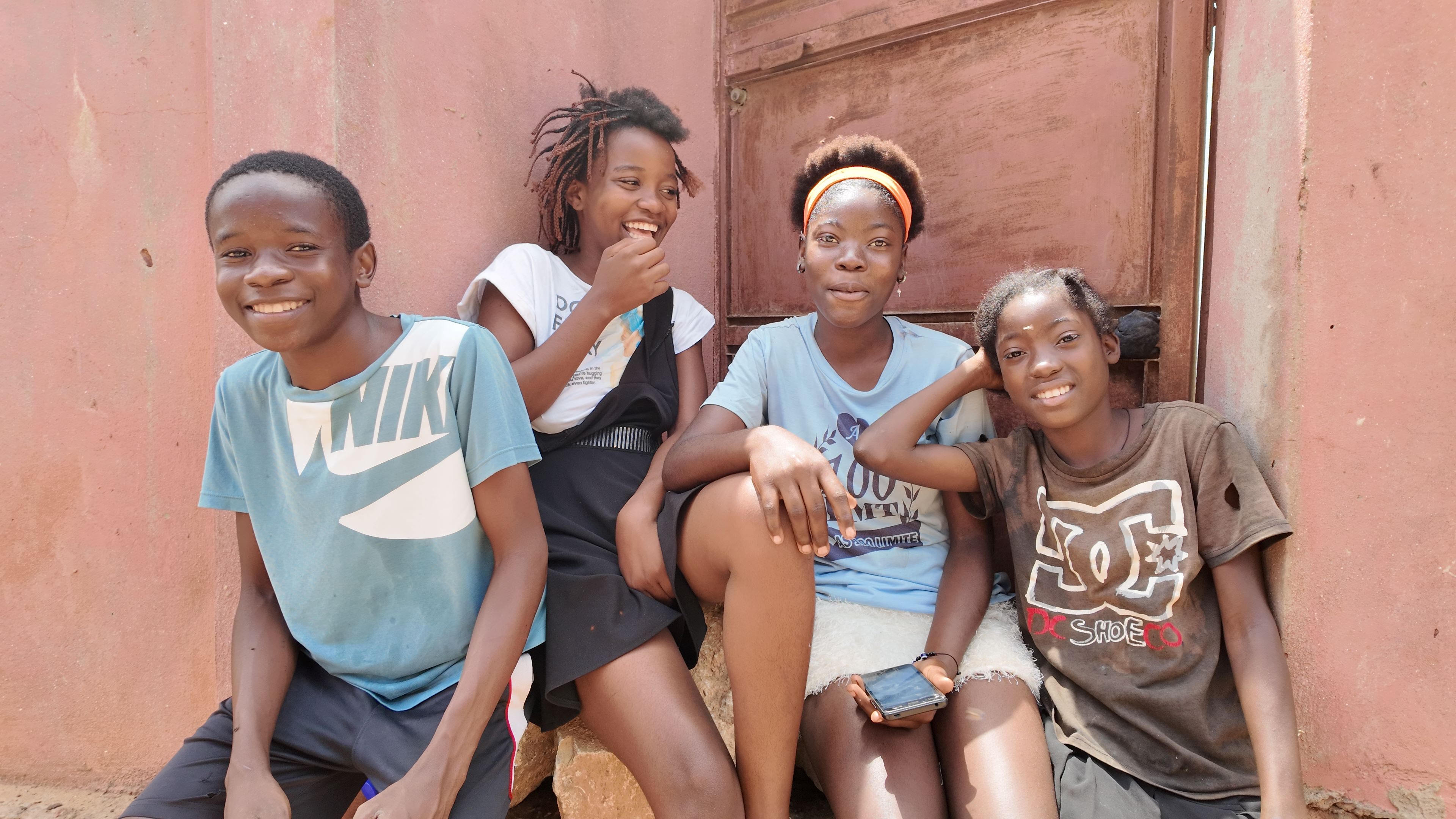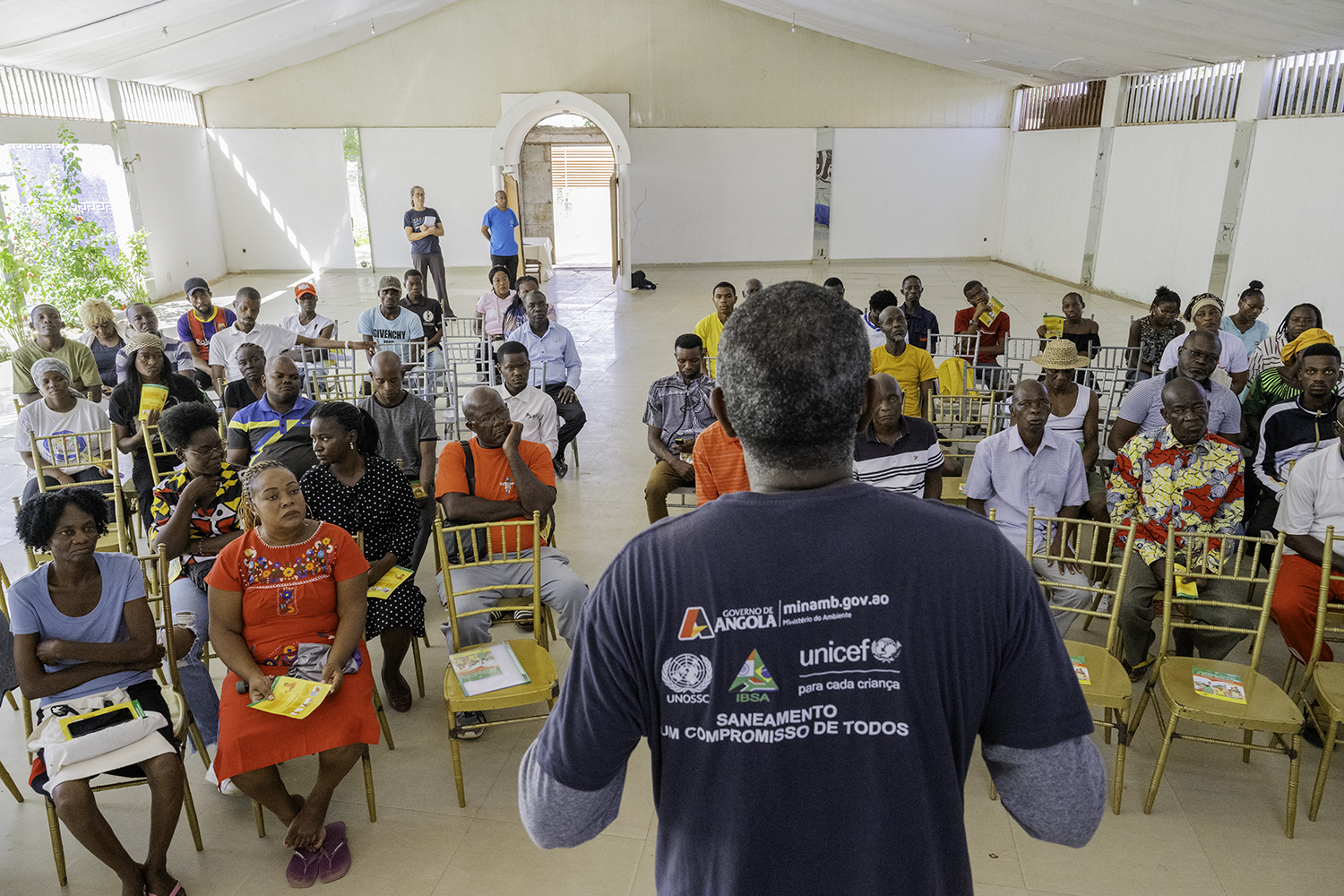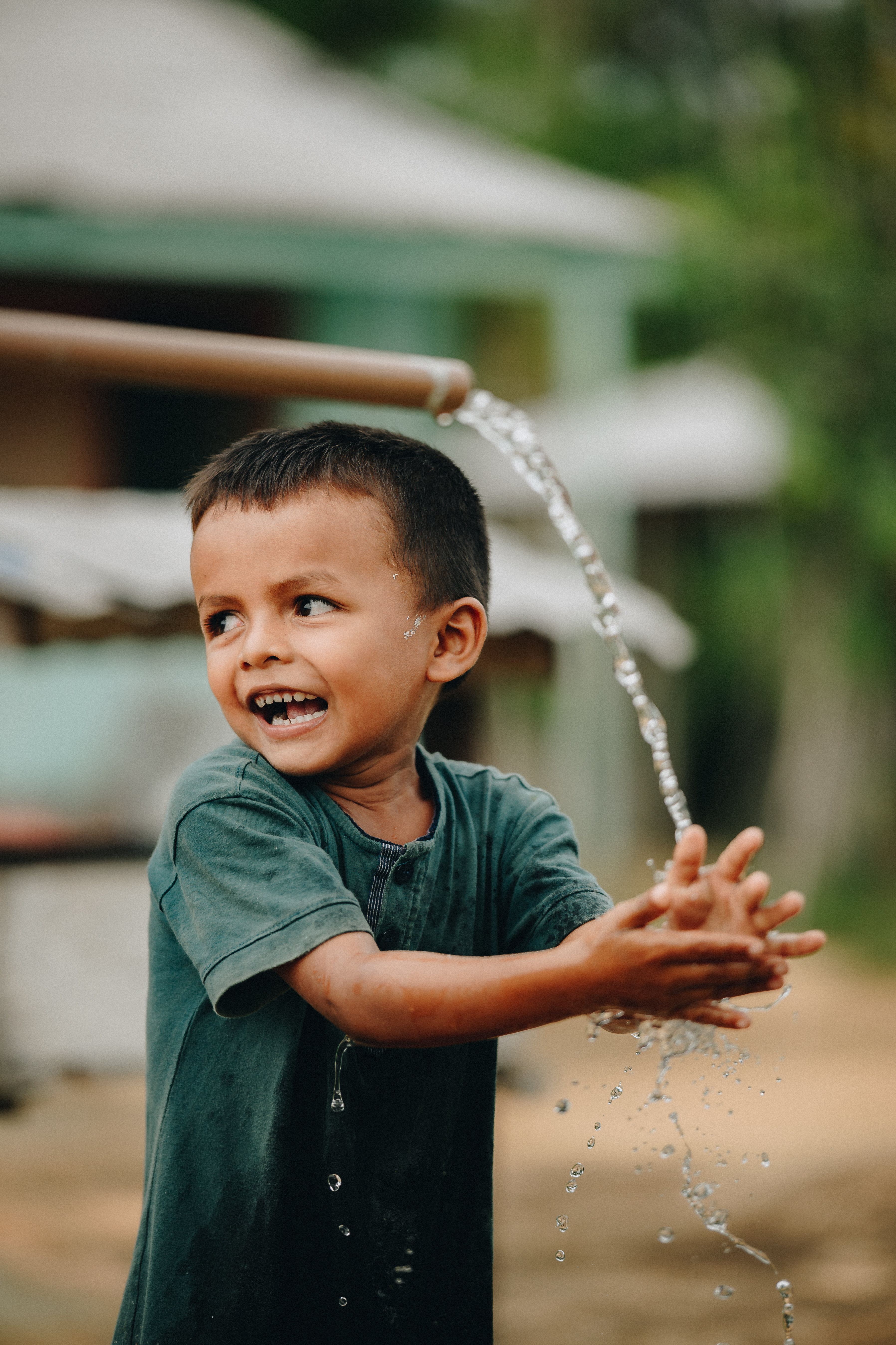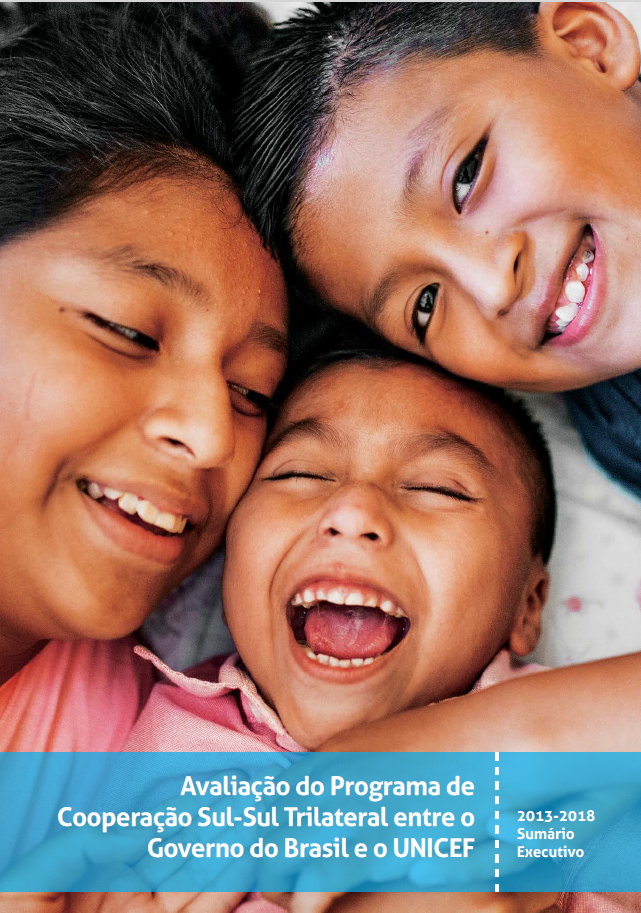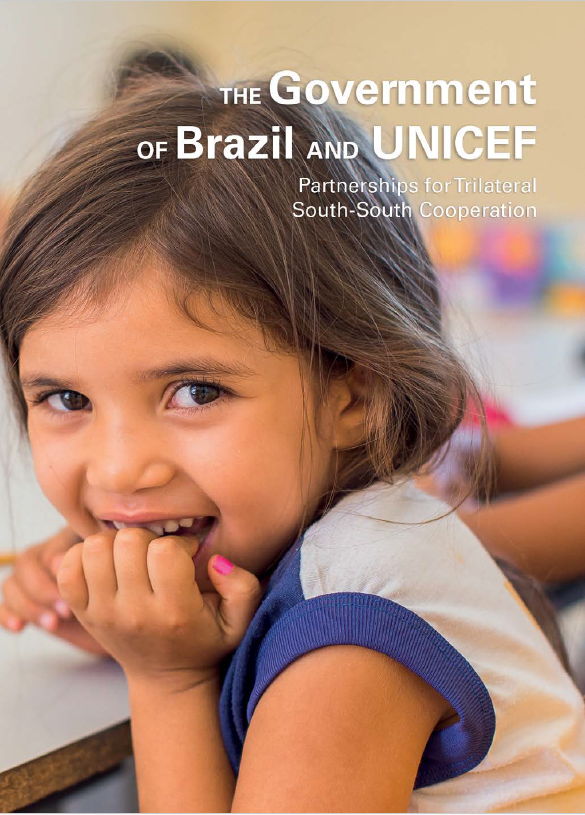South-South Cooperation (SSC) has been adopted by the United Nations (UN) as a key development cooperation modality. South-South Cooperation has the potential to play an important role in achieving the Sustainable Development Goals (SDGs) with equity and addressing children’s and women’s rights, with effectively scaled up solutions and leveraged resources from developing countries.
The United Nations has proposed that, in its policy and operational work, South-South Cooperation to be defined as “a process whereby two or more developing countries pursue their individual and/or shared national capacity development objectives through exchanges of knowledge, skills, resources and technical know-how, and through regional and interregional collective actions, including partnerships involving Governments, regional organizations, civil society, academia and the private sector, for their individual and/or mutual benefit within and across regions”.
SSC is about strengthening capacities to overcome development challenges through the exchange of knowledge and resources between developing countries. It stems out of the recognition of the value of development partnerships founded upon principles of solidarity, and from similar national experiences and shared understanding of needs among developing countries, which can increase the likelihood of achieving innovative solutions that are appropriate to diverse country contexts.
Trilateral South-South Cooperation (TSSC) brings together different actors—developing countries, developed countries and/or International Organizations—to share knowledge and implement initiatives aiming at the common goal of promoting development. TSSC builds on shared governance among the different actors involved and identifiable comparative advantages and can be implemented through different institutional settings. The Brazilian Government considers Trilateral South-South Ccooperation as a modality for international development that benefits from comparative advantages arising from the partnerships with International Organizations in the search for cooperation and progress of mankind.
In the interest of tapping into the wealth of development experience, knowledge, skills and resources available in Brazil, UNICEF has joined efforts with the Government of Brazil (GoB) to foster horizontal trilateral South-South Cooperation (TSSC) partnerships with other developing countries. This strategy is based on the premise that a more equitable world for girls and boys is achievable by overcoming capacity gaps through sharing of highly relevant experiences and policy-related innovations. The partnership between Brazil and UNICEF is predicated on a commitment to children and adolescents’ rights. It also reflects the awareness that countries striving for better quality of life for their citizens can learn from one another and adapt successful strategies to accelerate development and improve the situation of deprived children, families, and communities. The Government of Brazil has been actively engaged in SSC) for decades, through bilateral, trilateral and multilateral partnerships with developing and developed countries as well as United Nations agencies and other international and regional organizations. UNICEF supports efforts of SSC with the aim of making the best out of the enormous potential of such cooperation to generate synergy and complementarity between the various contributions that developing countries have to offer to ensure the realization of the rights of children. Over the past years, developing nations from all regions of the globe have requested UNICEF Brazil Country Office (BCO) to provide advice on how to engage in TSSC arrangements with the Government of Brazil in areas of the UNICEF mandate.
The motivation behind these requests is the interest to explore ways to learn from and adapt Brazilian successful practices in the national contexts of the requesting countries. As a response, UNICEF Brazil, in close coordination with the Brazilian Cooperation Agency (ABC) of the Ministry for Foreign Affairs (MRE), has been collaborating with Brazilian national and subnational government and civil society partners under several Trilateral South-South Cooperation arrangements.
